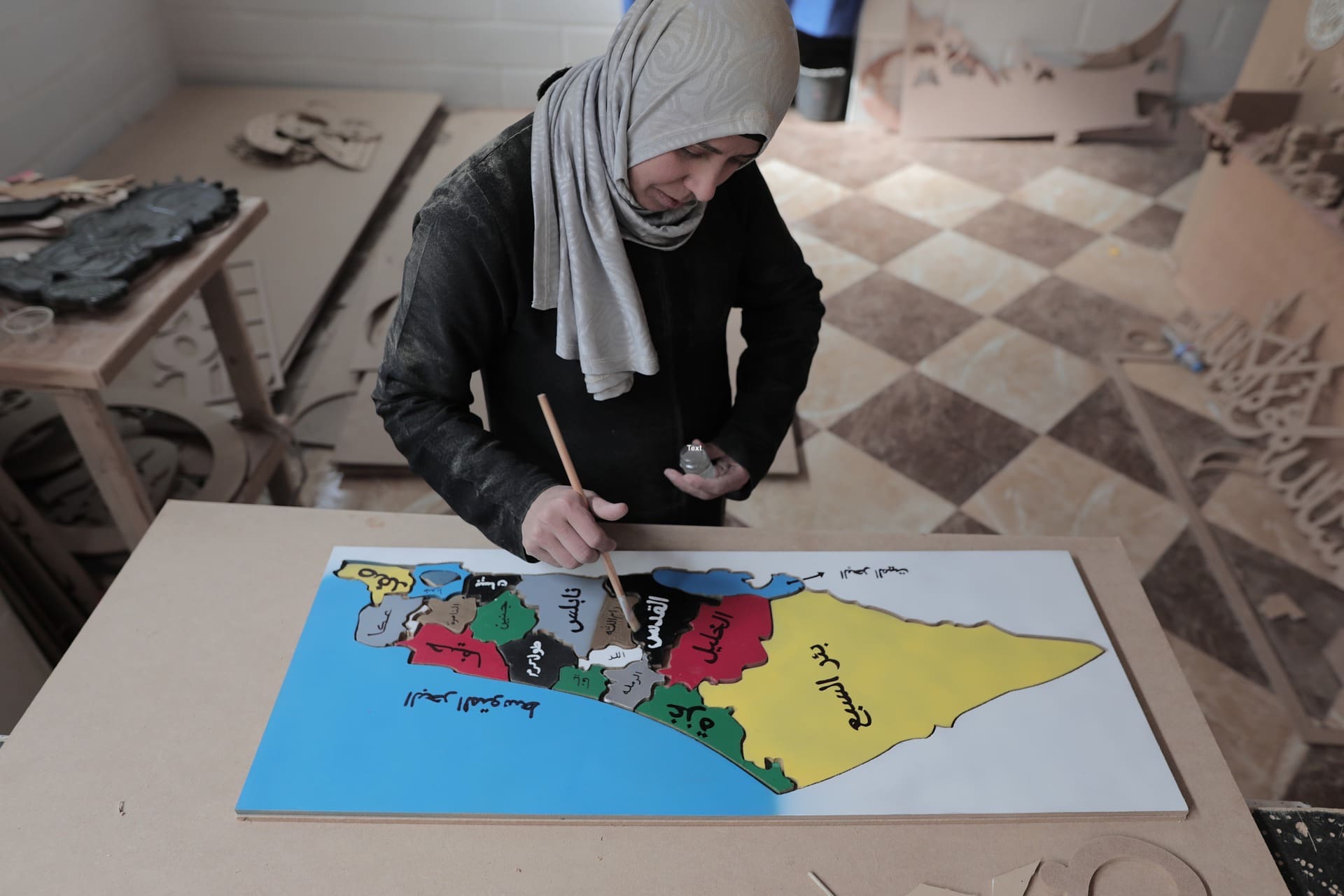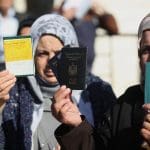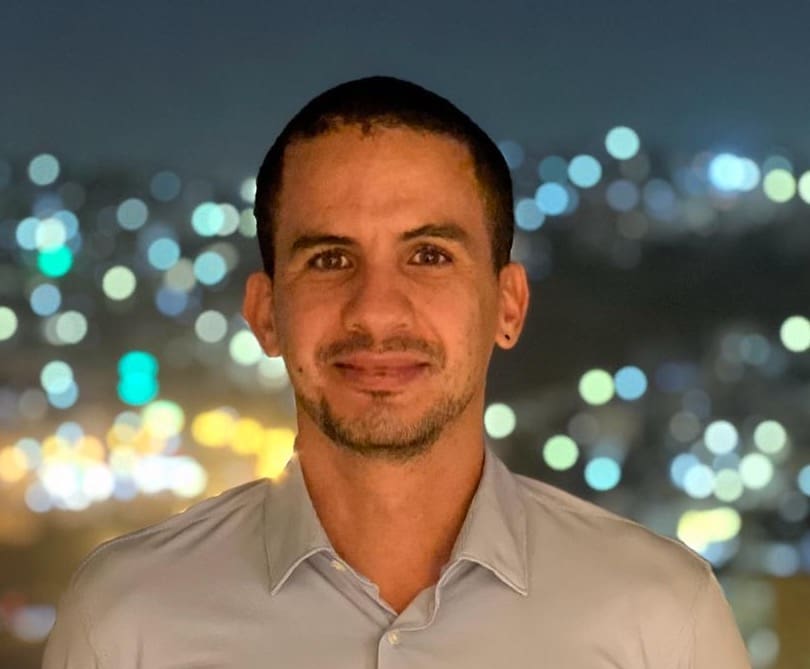
What does Palestine’s future look like, and how would different political scenarios affect various sectors of Palestinian society? From the continuation of the status quo, to the dismantling of the Palestinian Authority, and to the revival of the Palestine Liberation Organization, there are a myriad of possible implications and consequences for the Palestinian economy, for security, governance, rule of law, and beyond.
Policy analysts Tahani Mustafa and Tareq Sadeq joined us for a discussion with host Nadim Bawalsa about the most likely future political scenarios to impact different aspects of Palestinians’ lives.
Tahani Mustafa is the Palestine analyst at the International Crisis Group, where she works on issues including security, and socio-political and legal governance in the...
Al-Shabaka Policy Member Tareq Sadeq is a Palestinian refugee from the village of Majdal Sadeq near Jaffa and currently lives in Ramallah. Tareq holds a...
Nadim Bawalsa is Associate Editor with the Journal of Palestine Studies. From 2020-2023, Nadim served as Al-Shabaka’s commissioning editor. He is a historian of modern...













